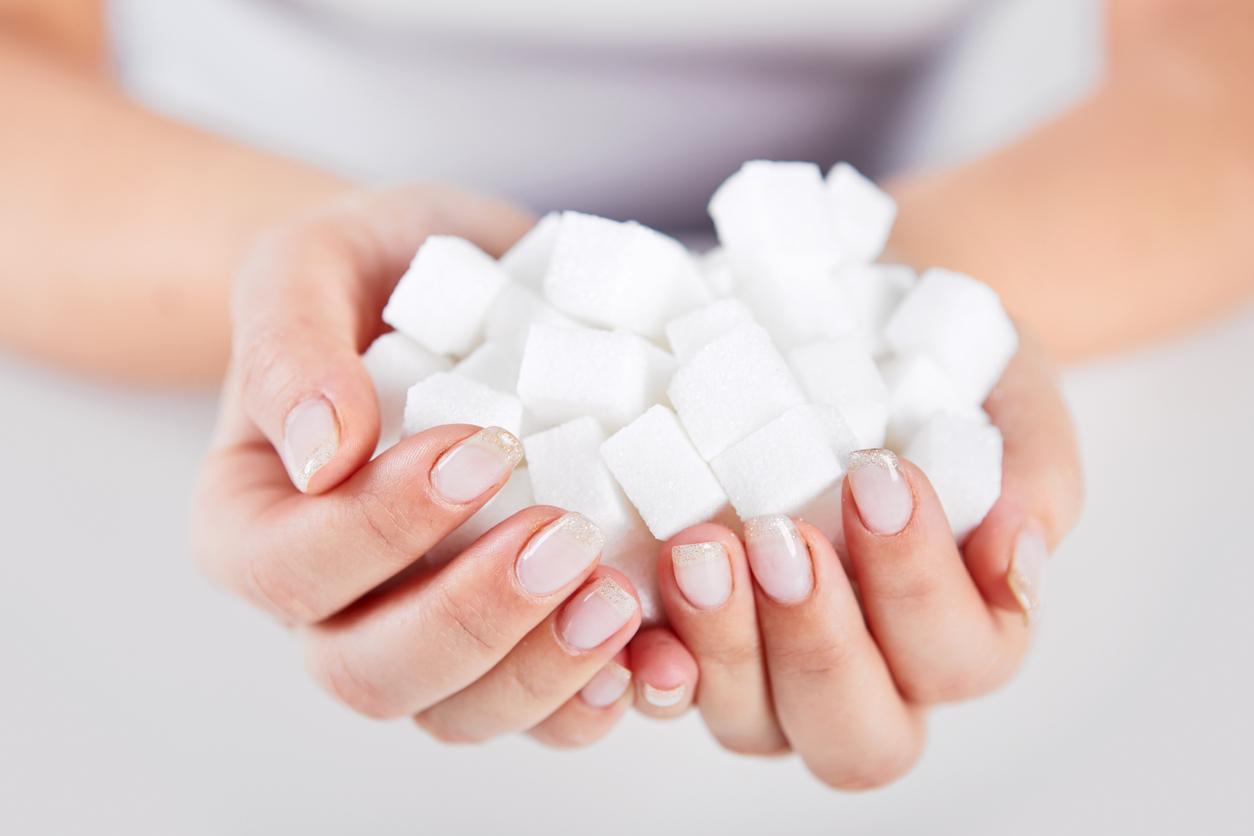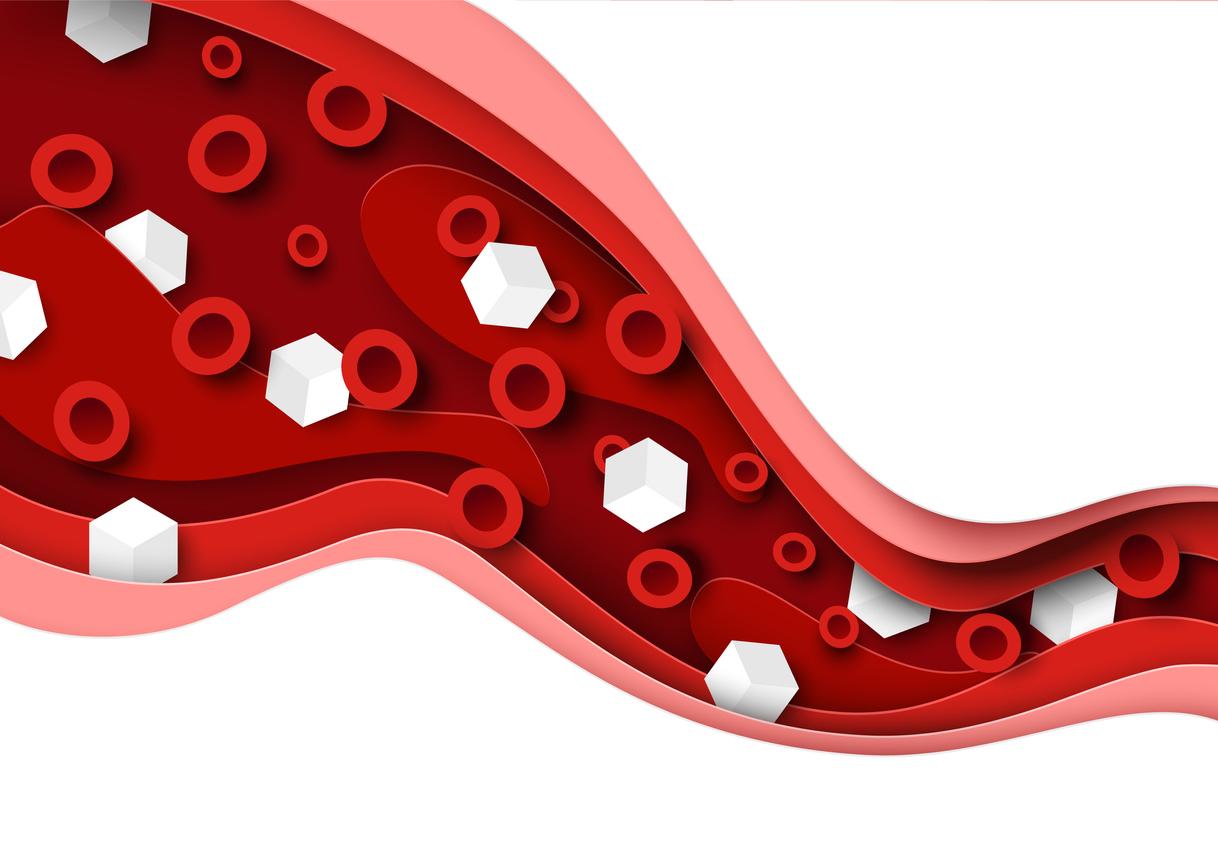Fast sugars, present in sodas, sweets, honey or syrups have long been accused of causing cavities.
Thus, the World Health Organization (WHO) recently called for reducing our sugar intake, so that it only constitutes 5% of our daily calorie intake (against 10% previously), to fight against obesity and cavities.
Still insufficient for researchers in London, who published a study in the scientific journal BMC Public Health. While they welcome the WHO initiative, they suggest bringing the target down to 3% of sugar in our daily nutritional benchmarks (DNJ).
The recommendation of this research team is based on the analysis of several public health data from different countries. Scientists compared dental health and sugar consumption in a large sample of adults and children.
They found that adults had more cavities than children, and that this incidence skyrocketed when sugar consumption was above 0% of the GDR.
But even in children, the team observed that switching from sugar-free consumption to 5% sugar in GDRs doubled the number of cavities.
“Caries is a global health problem, so reducing daily sugar intake makes a big difference,” said study co-author Aubrey Sheiham. “The Japanese data is particularly significant, since the population did not have access to sugar during the Second World War. Cavities were extremely rare during this period, but became more common when they again imported sugar. »
If they advise reducing the sugar level to 3% of GDRs, the researchers also propose more drastic measures to reduce the consumption of sugary products: prohibit the advertising of sugary products addressed to children, remove distributors placed in public spaces (schools, faculties, administrations…), or even add a 20% tax on sweet products.
Source:
A reappraisal of the quantitative relationship between sugar intake and dental caries: the need for new criteria for developing goals for sugar intakeBMC Public Health, published September 16, 2014.


















